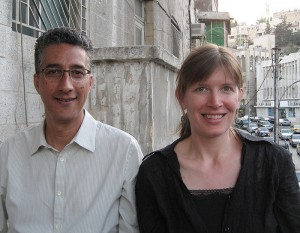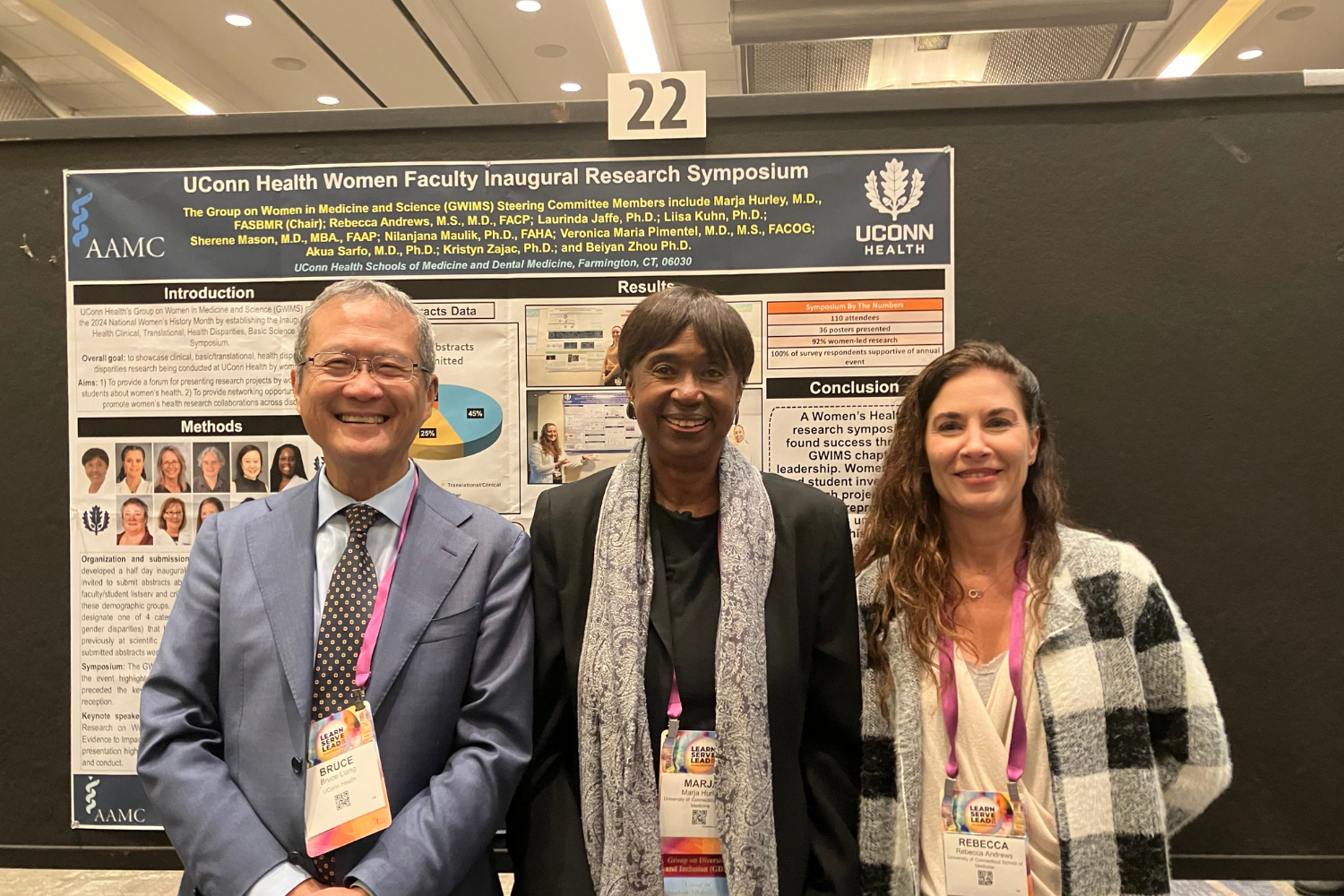
Despite its small size and fragile economy, Jordan hosts about half a million forced migrants and refugees who have fled Iraq since the United States-led war began in 2003, according to the United Nations.
Researchers Kathryn Libal and Scott Harding, both assistant professors in the School of Social Work, say the media have focused on U.S. military casualties and other costs of the war in Iraq, and the success of the “surge” of U.S. troops in the past year, while the displacement crisis has been largely ignored.
“This humanitarian crisis – both inside and outside of Iraq – has long-term consequences for Iraq and neighboring countries,” Harding says.
“If you’re concerned about stability and so-called security of the region, it’s important to understand that Jordan and Syria can’t absorb large numbers of people who don’t have a means to provide for themselves. And if you have generations of young Iraqis who aren’t in school learning a trade, that poses societal and potential security issues.”
Jordan, Syria, and Lebanon have the largest numbers of Iraqi refugees.
Libal and Harding are studying refugee relief efforts provided by international non-governmental organizations (NGOs), UN agencies, and the U.S. government to help develop insights into the evolving nature of humanitarian support for these refugee populations.
Harding says little attention has been paid to the roles these organizations play in shaping and sustaining refugee services in Jordan.
Since 2006, the two researchers have been conducting research to identify the ways in which services are being provided to Iraqi refugees in Jordan. They conducted interviews in the U.S. with NGOs and human rights groups, and then in Jordan, interviewing representatives of organizations working on humanitarian issues.
“We thought that some of the established humanitarian organizations would have a much more visible presence there,” Libal says.
“We thought they’d be providing a lot of services to a lot of refugees, but that wasn’t the case. There were few refugee camps, because most of the people were urban refugees. A significant number were doctors and medical professionals, which will have a long-term effect on the health and well-being of people living in Iraq.”
Iraqi refugees do not have legal refugee status in their host countries, Libal says: “Life is difficult for them. Most will not be granted permission to permanently resettle to the United States or other resettlement countries, and they can’t work legally.”
Harding says that under pressure from the NGOs and the U.S., during the past year, the Jordanian government has begun allowing Iraqi children to attend public school. But even though the children are now eligible, for a variety of reasons school attendance is uneven.
“There’s still a fear of being visible, again linked to the issue of not having legal status,” he says.
The organizations the two have interviewed say that Jordan and Syria are ill-equipped to handle large populations for a long period of time, says Harding.
Adds Libal, “They’re both developing countries. They have their own vulnerable populations, so to absorb another large population makes it even more challenging.”
While continuing to examine how NGOs are working to meet the needs of Iraqis on the ground in Jordan and Syria, the researchers are also interested in the work done by these groups in Washington.
They’ve been interviewing resettlement agencies in the U.S. to understand how they’re working to help Iraqis settle here.
“We’re interested in the struggles they face in this country, and what resources are available to them through agencies and state policies,” Libal says.
Harding notes that the NGOs had some success in getting the Bush administration to support the refugee cause: the U.S. set a formal target to admit about 15,000 Iraqis per year over the next five years.
But globally, Iraqi refugees are stymied, he says.
“Even though more are registering with the UN to be resettled, there are few who are actually resettled.”
Libal says the organizations interviewed say that resettlement will never be a viable option for most Iraqis: “They don’t see the world community being willing to take huge numbers of refugees.”
Many of the NGOs have said the U.S. President has a key role to play in asserting the importance of addressing refugee and displacement needs, she says: “They’ve said if the president doesn’t take a leadership role, it’s very difficult to get other countries to participate in the endeavor.”
Harding adds that while there is a debate in social science literature about the role of humanitarian groups, their own research shows that these groups play a vital role: “Because of the pressure and political advocacy of these groups, U.S. policy has changed significantly and the United Nations has done more. Advocacy does work, even on a global level.”


